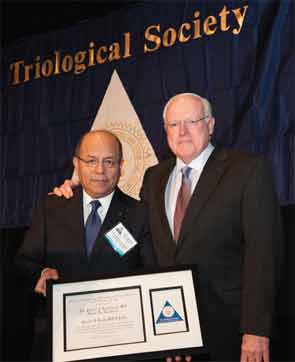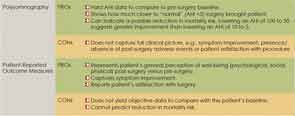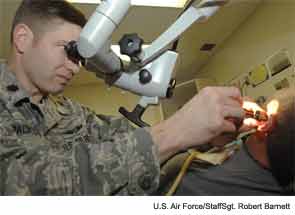Gerald Healy, MD, FACS, a renowned otolargyngologist and former president of the Triological Society, became the first recipient of the Brookhouser Award for Excellence at the organization’s Combined Sections Meeting in Scottsdale, Ariz. last January





